„Diet Coke“: Here's Why You Shouldn't Consume Diet Soft Drinks
Is it better to drink sugary Coke products or the diet version? This article will reveal why it may be better to stop consuming all kinds of soft drinks
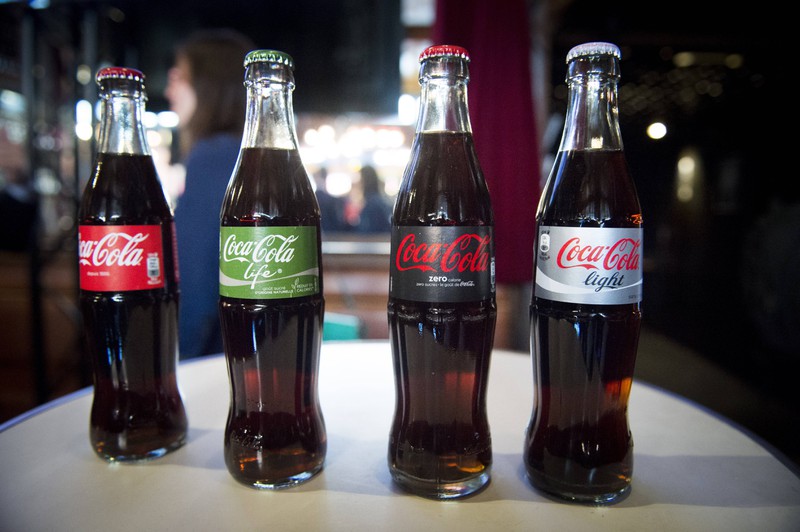
Since we can remember, supermarkets have always been staked with Diet Coke and similar soft drinks. People love that stuff and advertising and product placement in TV shows have managed to give the products the exposure they needed to make them a bestseller.
Some love the sugary version of the sweet drink, others prefer diet products. Many people think that the diet product is healthier due to its low sugar content. This article addresses the differences between sugary soft drinks and diet products. What happens to our bodies when we consume Coca-Cola and other soft drinks?
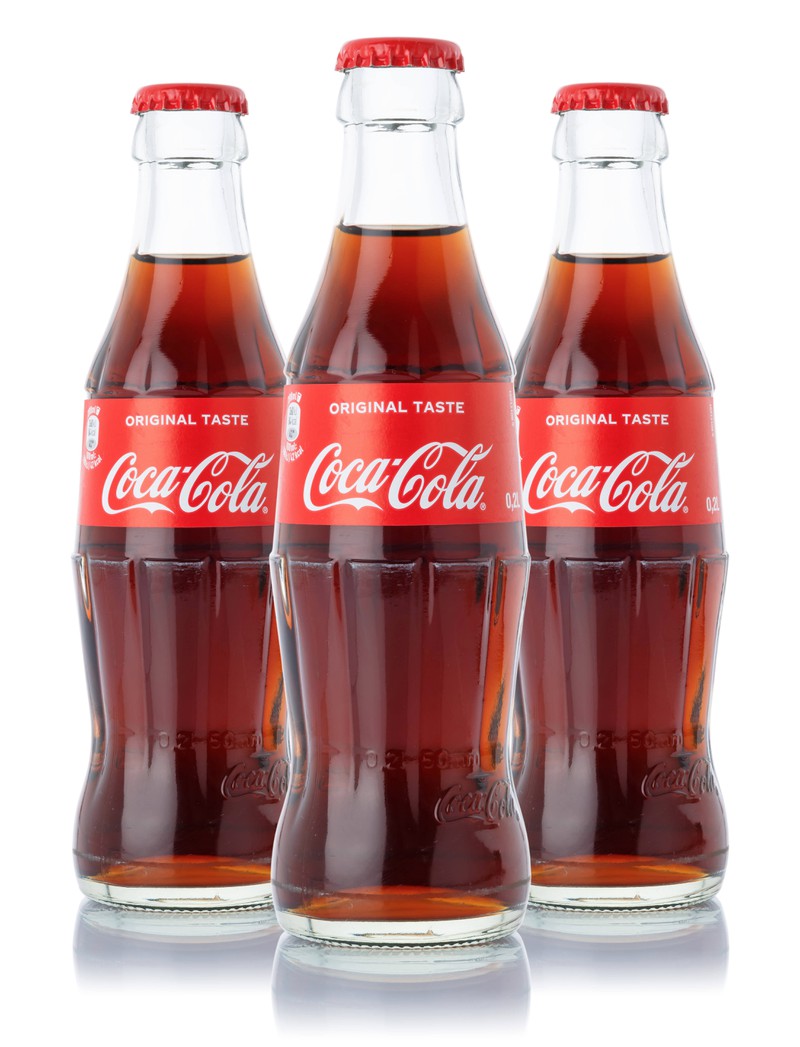
Coca Cola: What's in it?
Generally speaking, Coca Cola doesn't contain a whole lot of ingredients. The drink contains roughly 10 to 11 grams/ 0.35 oz to 0.39 oz of sugar per 100 ml/ 3.4 fl oz. That means, if you buy a 0,33 l / 12 fl oz bottle of Coke, you're about to consume ten sugar cubes. With one bottle of sweet, sweet Coca Cola, you cover the recommended daily amount of sugar. Apart from caffeine, it also contains phosphoric acid. According to former pharmacist Niaj Naik, phosphoric acid tones down the sweet taste of the drink, so you don't feel nauseous after drinking it.
What about light and zero products?
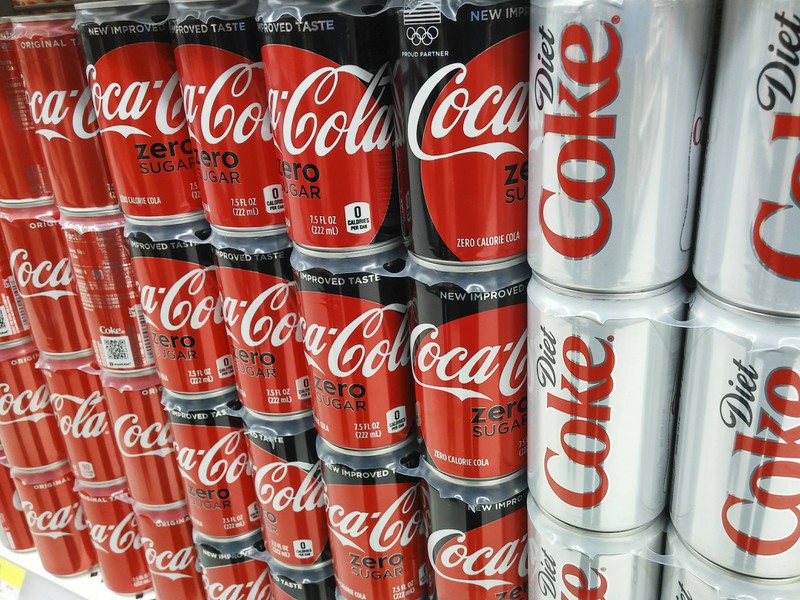
What do Diet Soft Drinks Contain?
Many Light products only contain 0-0,1 grams/ oz of sugar per 100 ml/ 3.4 oz. The sweetness of those drinks comes from sweeteners like cyclamate, acesulfame K and aspartame. According to Women's Health, cyclamate is 30 to 50 times sweeter in taste than sugar, but is the least sweet artificial sweetener of the three. Even if the European Food Safety Authority classifies these sweeteners as safe, many especially criticize mixing several sweeteners in one drink.

Why can Sweet Drinks be Dangerous for us?
What does Coke actually taste like? Well, the easiest way to describe it would be: sweet! Whether we're talking about the classic Coke drink or the diet option, many would agree that both have a very sweet taste. This can turn into a problem if you regularly consume soft drinks. Your body gets used to the sweet taste over time – this will eventually change your perception of sweetness. Drinks and food won't taste as sweet to you anymore since your body has become so used to it. This, in turn, can cause you to consume even more sugary products, to satisfy your need for it. If you go on a sugar diet for two to three weeks, you'll notice how sweet lots of kinds of food really taste!
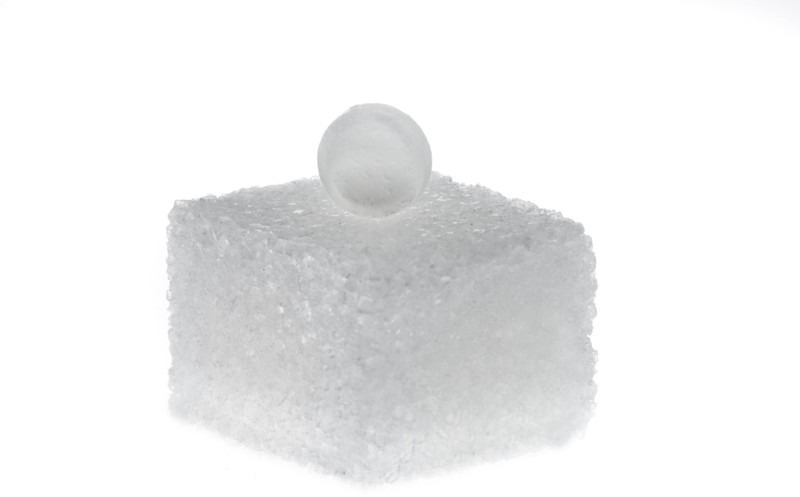
Should You Opt for Sugary Soft Drinks or Diet Drinks?
This is not an easy question to answer. For a healthy diet, it'd be best to avoid both and just drink water.
But we're here because we want to learn more about soft drinks, so here we go! Artificial sweetener won't make you gain weight per se. However, through its sweet taste, your brain receives the signal that sugar is about to enter the body, so it prepares for its incorporation. The body now works with "wrong information". While the sugary version might be more caloric, at least your body gets what it expects from it.
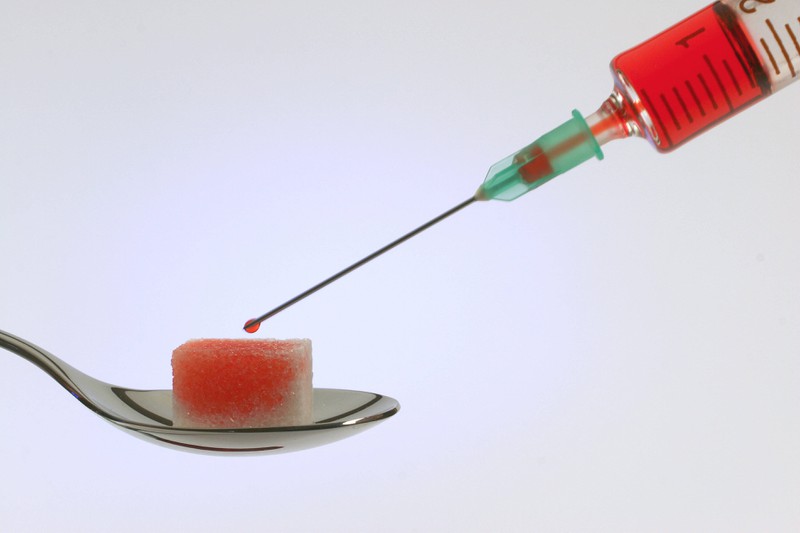
Let's Talk About Insulin
Whether you consume a sugary product or a diet one, regular consumption of these kinds of drinks will increase your insulin levels. Insulin is responsible for metabolizing sugar into fat. The higher your insulin levels, the more fat will be stored. When you consume a diet soft drink, your body will release insulin, but since the body doesn't actually receive sugar, it'll register a nutrient deficiency. The consequence? You'll get hungry.
Being resistant to insulin further may cause high blood pressure, a metabolic disorder or diabetes in the long run.
Why do we love Diet Coke so much, though?

Wide Awake and in a Good Mood
Sugar is a carbohydrate and thus supplies the body with energy, while the caffeine encourages our metabolism. Our body releases dopamine, which makes us feel happy. We're thus more awake, have more energy and are happier – at least for a certain amount of time. Since all of these consequences are desirable, soft drinks can be addictive. That's why you should only consume Coca-Cola and the like in moderation.

Possible Risks Stemming From Soft Drinks
Aside from its addictive nature, there seems to be a connection between the consumption of Diet Coke and both strokes and dementia. The evidence isn't conclusive yet, however, medical practitioners apparently determined a three-times higher risk of dementia and strokes when you regularly consume diet soft drinks, according to data from the Framingham Heart Study.
There's even more you should know about artificial sweeteners.

Can Sweeteners Make You Ill?
Apart from a higher risk for diabetes, Women's Health discusses a heightened risk for cancer and strokes, the potential development of tumors and a change in gut bacteria. However, the evidence for these risks is still scant.
Sometimes, drinking a Coca-Cola or a Diet Coke might not be that bad, as we'll discuss next:

Everything in Moderation
Going for a nice and cold Diet Coke or traditional Coke every once in a while is probably harmless. While you're now aware of potential risks included in the consumption of soft drinks, there's probably no harm in indulging in it as an exception. Especially in hot weather, it's super tempting to treat yourself to an ice-cold Diet Coke!
Nevertheless, you shouldn't consume diet soft drinks in place of water – it won't hydrate you the way water will.

